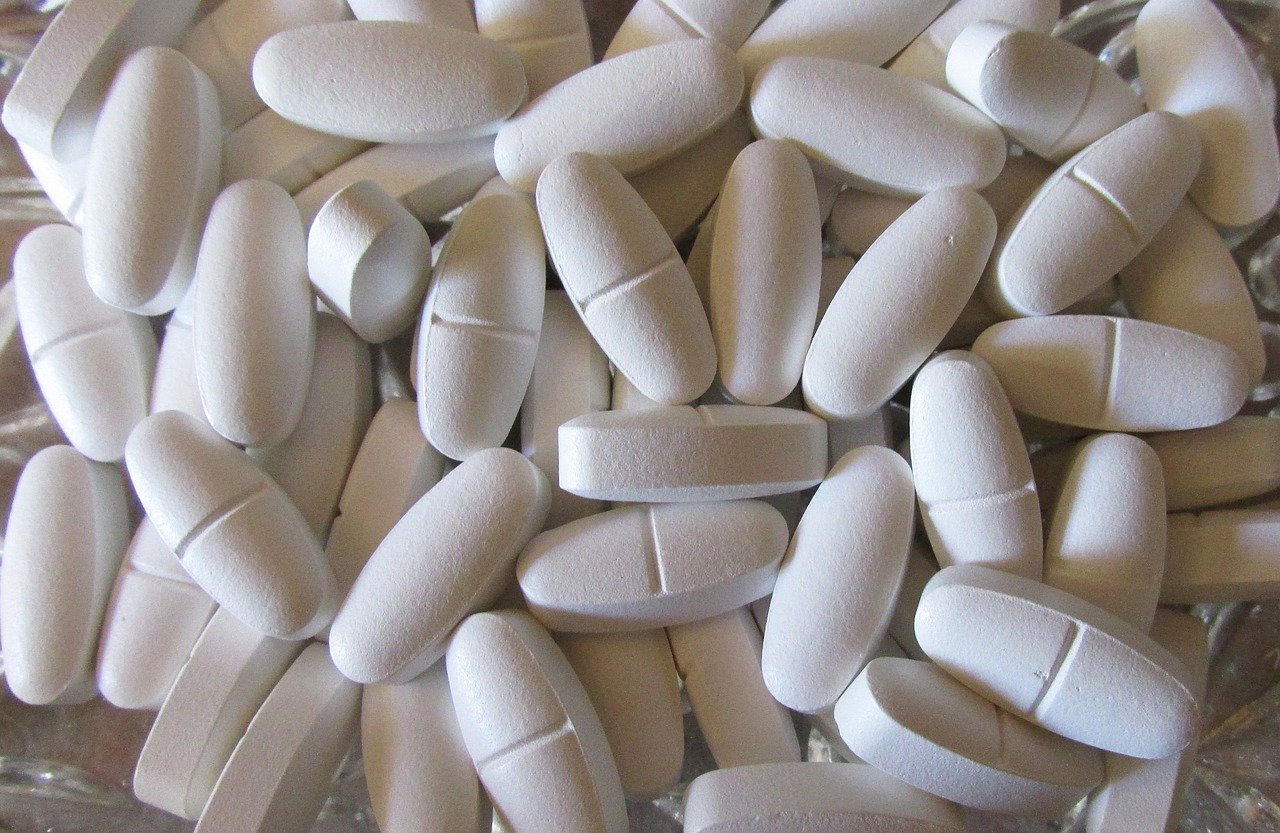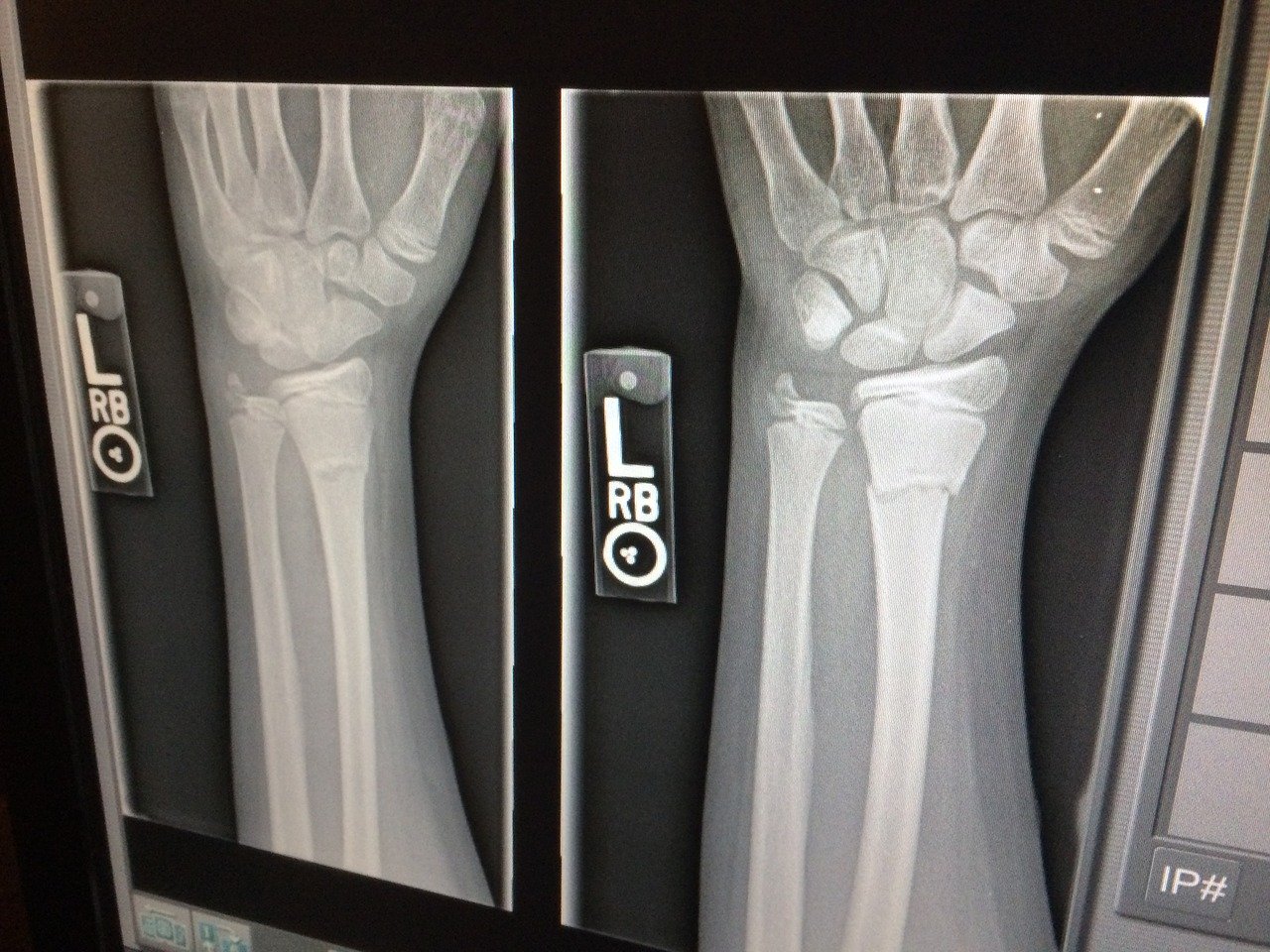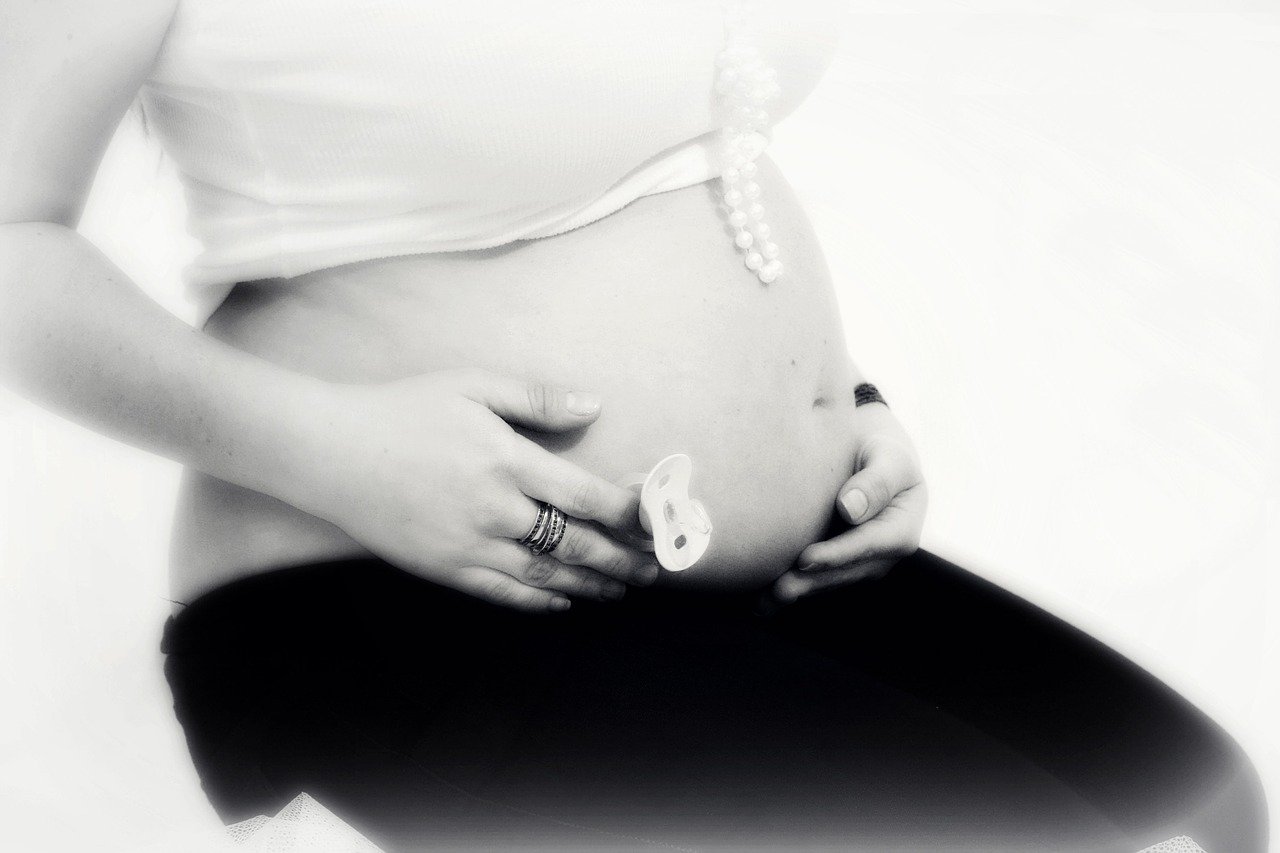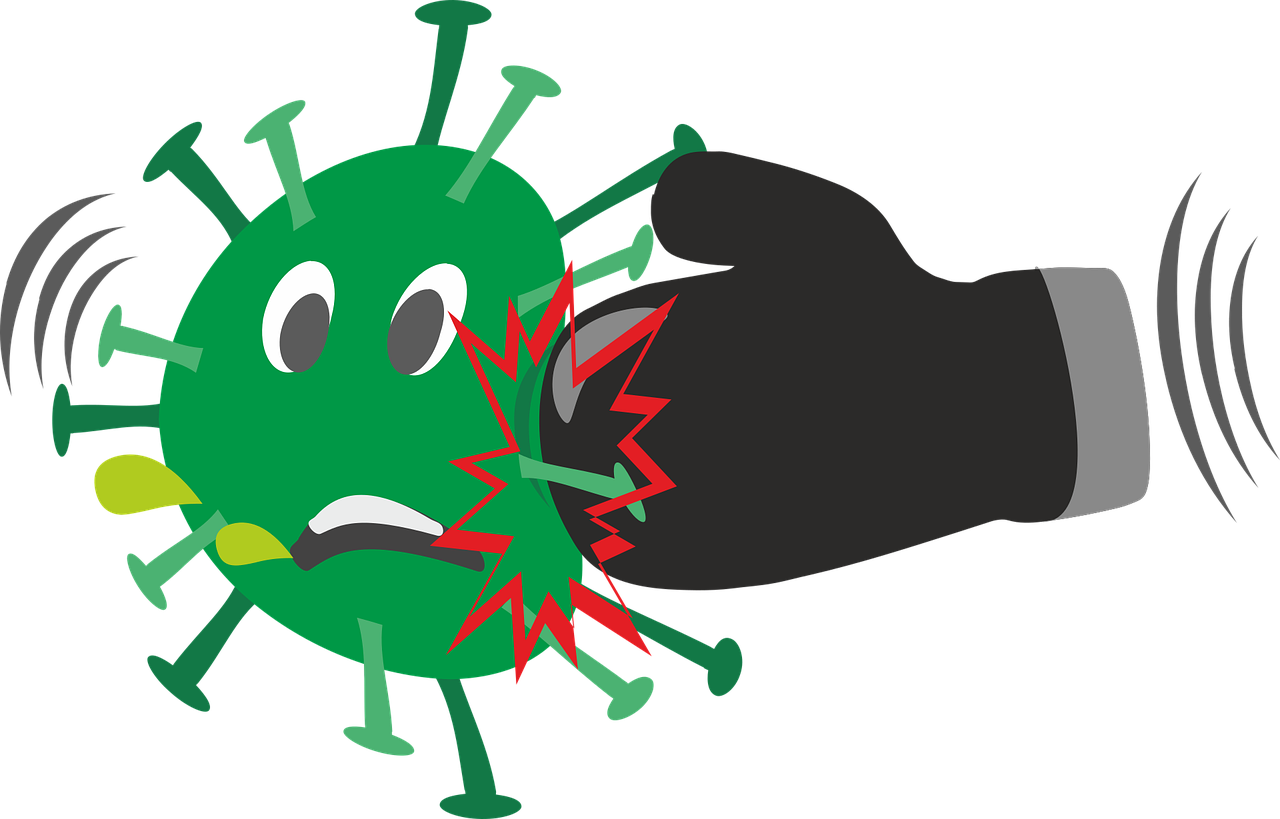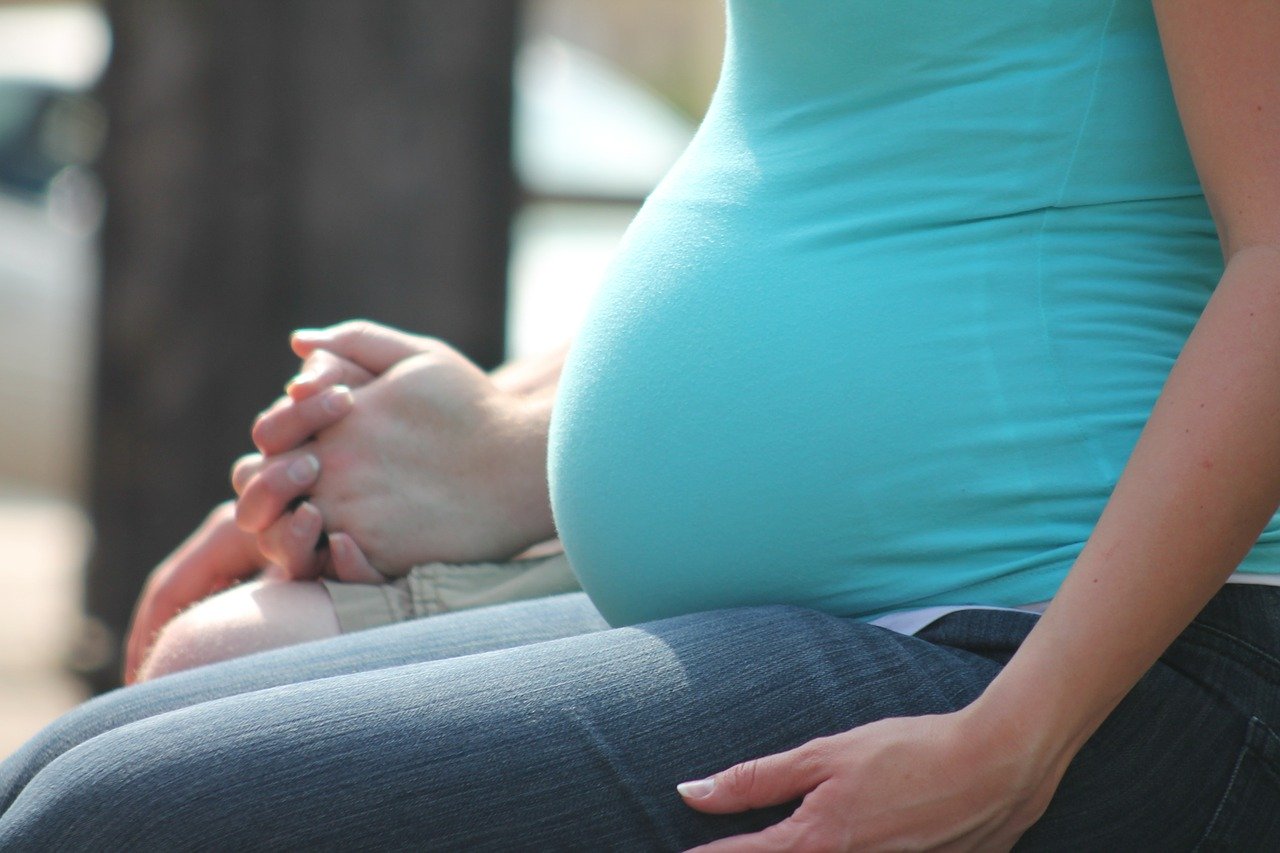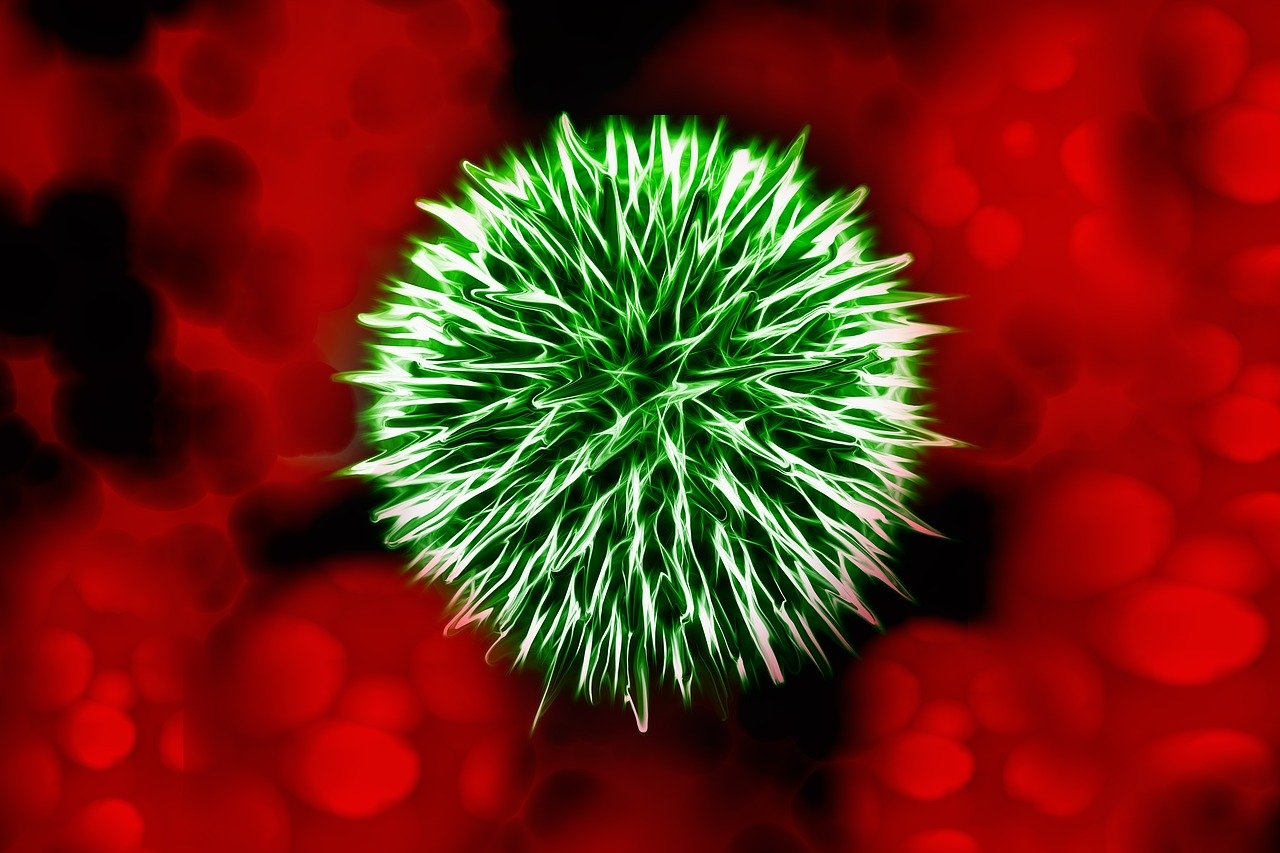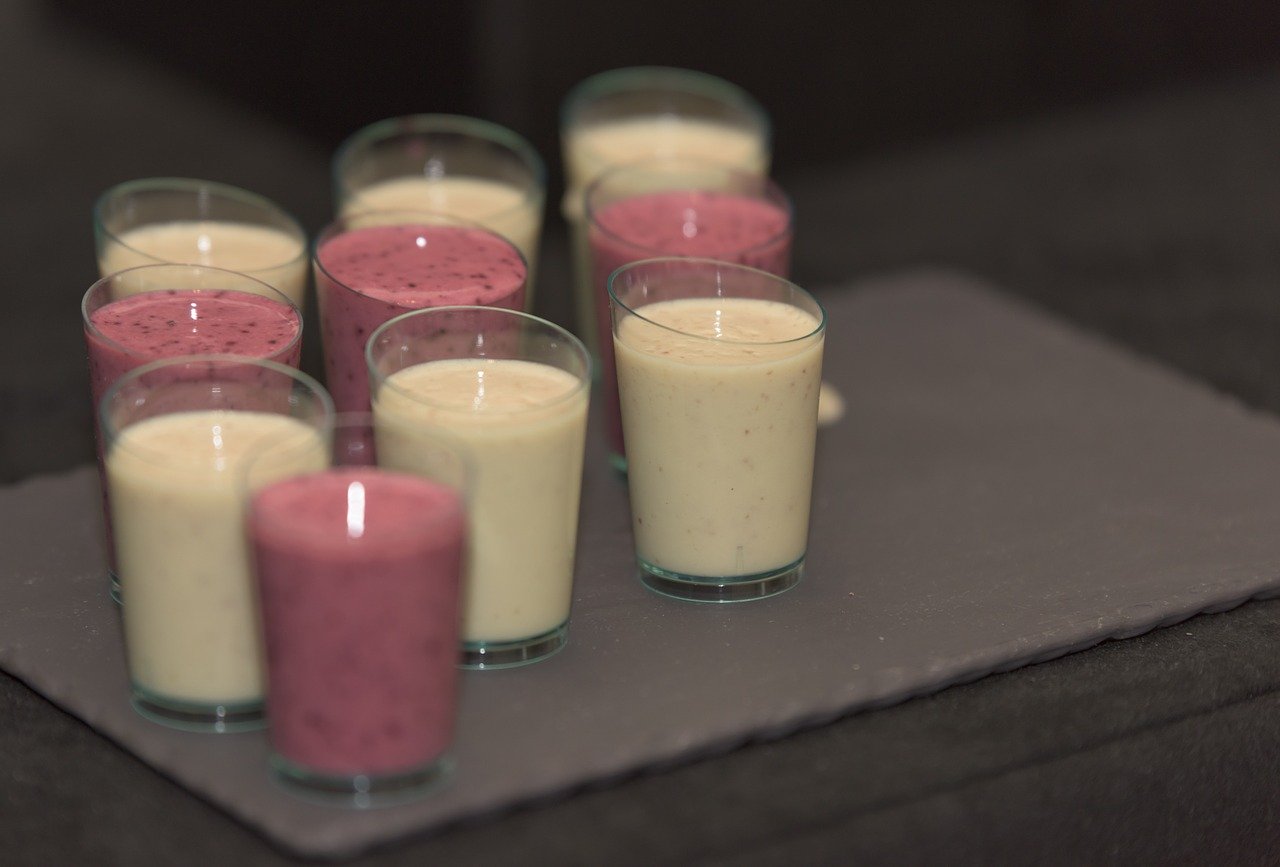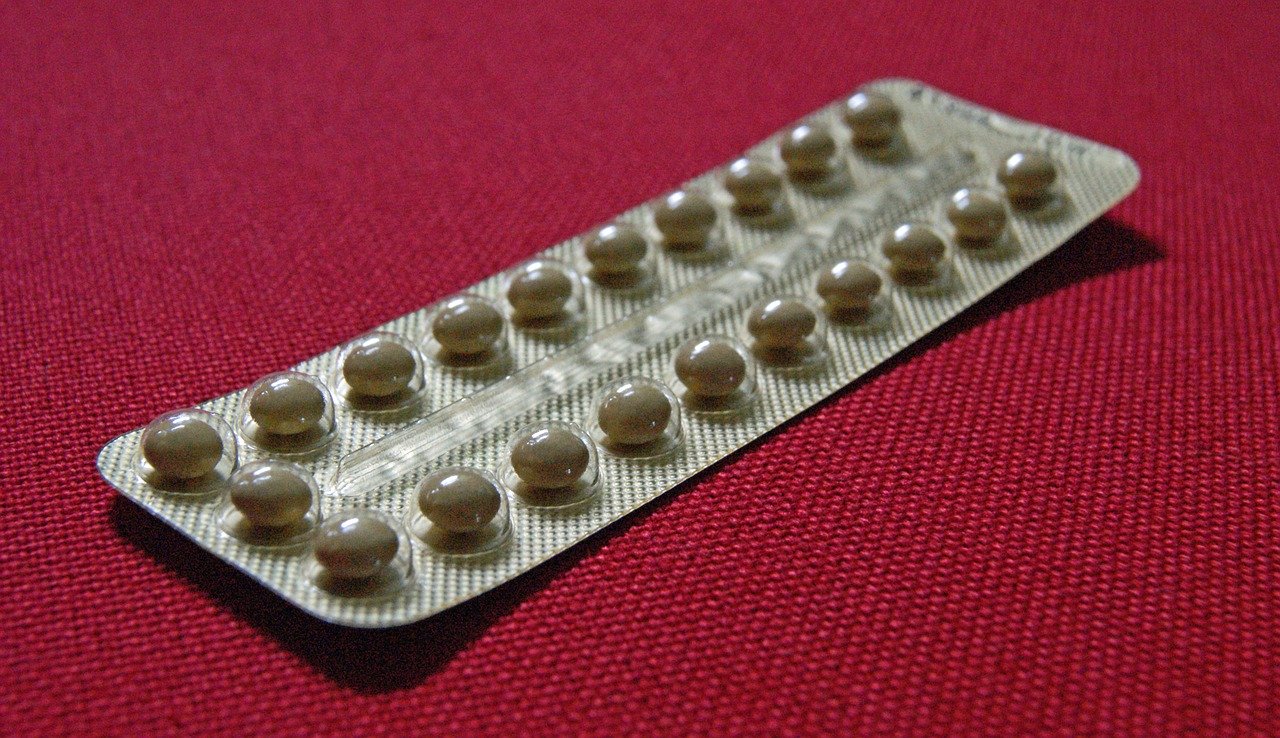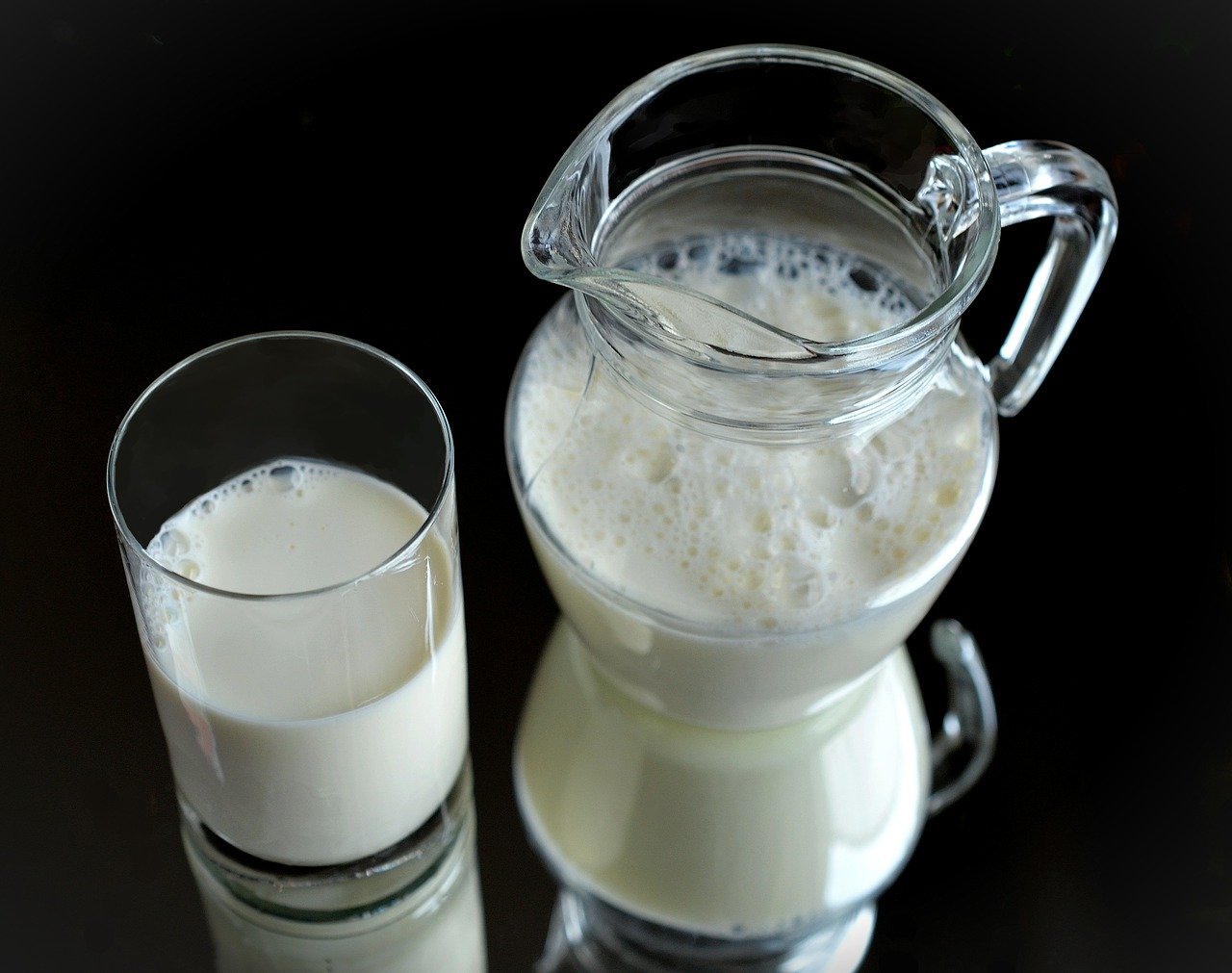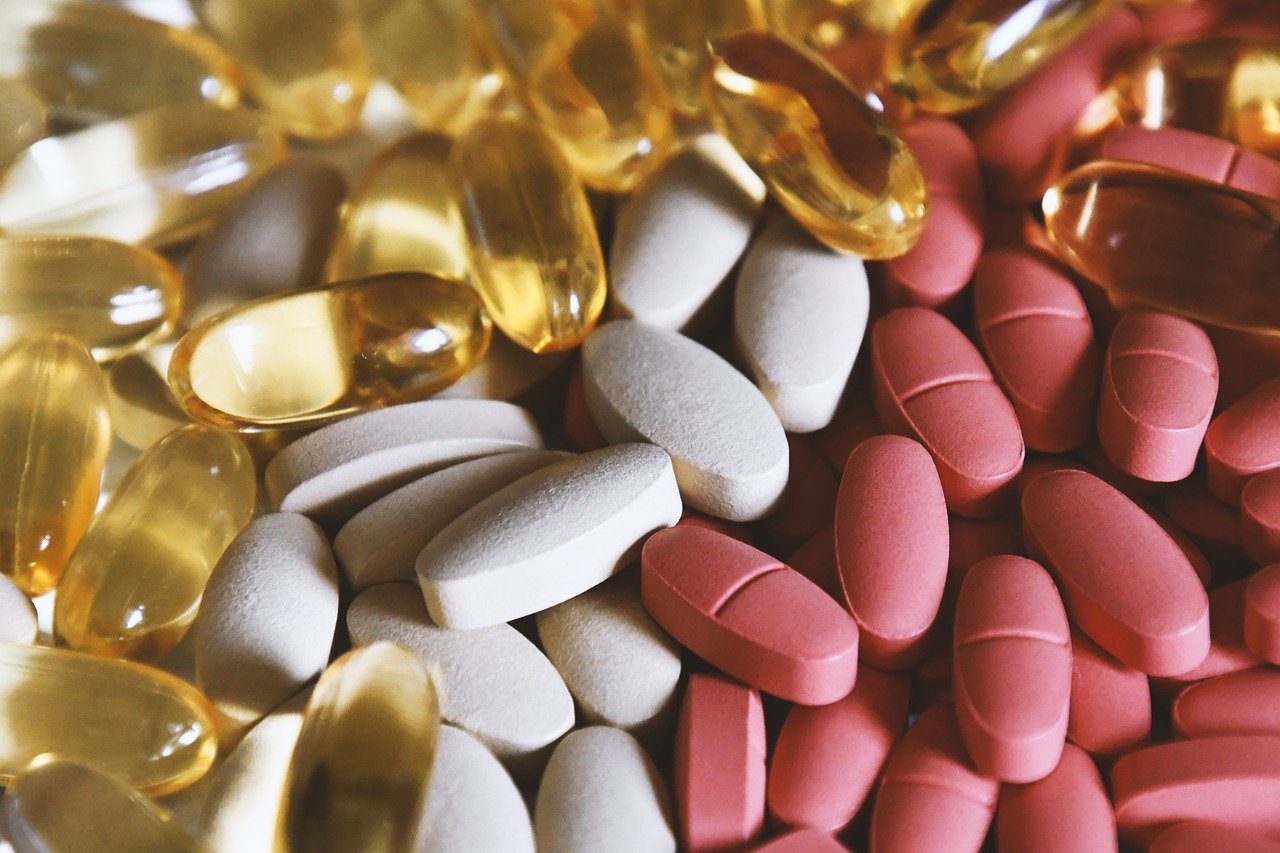In March 2020 researchers from Canada assessed the association between calcium supplementation and progression of abdominal aorta calcification over a 5-year period. It should be noted that calcium supplementation has … Read more
Who needs calcium and/or vitamin D supplementation for the prevention of fragility fractures?
In April 2020 researchers from New Zealand published their review on calcium and/or vitamin D supplementation for the prevention of fragility fractures. The researchers stated that as vitamin D and … Read more
Vitamin D supplementation probably reduces the risk of pre-eclampsia, gestational diabetes, low birthweight and may reduce the risk of severe postpartum haemorrhage, whilst vitamin D and calcium probably reduces the risk of pre-eclampsia but may increase the risk of preterm birth (before 37 weeks)
In July 2019 researchers from the USA published their review of the medical scientific literature to assess whether vitamin D supplementation, either alone or in combination with calcium or other … Read more
Calcium supplementation before and early in pregnancy may reduce the risk of women experiencing pre-eclampsia or pregnancy loss at any gestational age
In September 2019 researchers from South Africa published their review of the medical scientific literature to assess the effect of calcium supplementation, given before or early in pregnancy and for … Read more
Supplementing the diet with a combination of multiple immune-supporting nutrients, including vitamins A, E, B6 and B12, folate, iron, copper and selenium but especially vitamins C and D and zinc, may improve immune function and reduce the risk of infection
In January 2020 researchers from the USA and Switzerland published their review on nutrients and the immune system. It has been established that multiple nutrients, including vitamins A, D, C, … Read more
Calcium, vitamin D, folic acid and resveratrol supplementation may prevent the development of hypertensive disorders in pregnancy
In January 2020 researchers from Italy published their review of the medical scientific literature to assess whether dietary supplements are able to lower blood pressure levels in pregnant women with … Read more
Specific dietary factors and dietary patterns alter the gut microbiota profile, which is an essential factor in the development and progression of obesity
In December 2019 researchers from South Korea published their review on the effect of diet on the gut microbiota and how it is associated with obesity. Obesity is described as … Read more
Supplements have little to no effect on the risk of lung cancer and lung cancer mortality in healthy individuals, although vitamin A supplements appear to increase the risk of lung cancer and mortality in smokers or individuals exposed to asbestos, vitamin C the risk of lung cancer in women and vitamin E the risk of haemorrhagic strokes
In March 2020 researchers from Chile and Spain published their review of the medical scientific literature to establish whether supplementations of vitamins and minerals, alone or in combination, reduce the … Read more
The erosive potential of soy beverages on dental enamel appears to be lower than non-soy based beverages
In July 2019 researchers from Brazil and the USA published the results of their study to assess the erosive potential of soy-based beverages in comparison to fruit juices of the … Read more
Women who have undergone a hysterectomy may reduce their risk of stroke if they also take calcium and vitamin D supplementation in addition to their HRT
In May 2019 researchers from the USA published the results of their study to assess whether calcium and vitamin D supplementation changes the effect of menopausal hormone replacement therapy (HRT) … Read more
An adequate milk consumption at various stages of life helps in the prevention/control of various chronic medical conditions
In May 2019 researchers from Spain published their review of the medical scientific literature to assess the impact of dairy intake on health and all-cause mortality, and on the prevention … Read more
Reduced salt intake, omega-3 long-chain polyunsaturated fatty acid use and folic acid supplementation may reduce the risk for some cardiovascular events in adults, whereas combined calcium plus vitamin D appears to increase the risk of stroke
In July 2019 researchers from the USA published their review of the medical scientific literature to assess the effects of nutritional supplements and dietary interventions on cardiovascular outcomes in adults. … Read more
Nutrients in foods and/or supplements should be considered when following low carbohydrate diets
In April 2019 researchers from the UK published their review of the medical scientific literature to assess nutrient intake of low carbohydrate diets. A total of 10 studies were involved … Read more
Magnesium supplementation may increase the risk of rheumatoid arthritis and bipolar disorder whilst decreasing the risk of osteoporosis, and copper intake may increase the risk of both Alzheimer’s disease and bipolar disorder
In February 2019 researchers from China published the results of their analyses to assess the effect of various minerals (calcium, magnesium, iron, copper, and zinc) and risk of osteoporosis, gout, … Read more
Vegetarian and vegan diets increase the risk of nutritional deficiencies such as proteins, iron, vitamin D, calcium, iodine, omega-3 and vitamin B12 but can be considered safe during pregnancy and breastfeeding as long as all nutritional requirements are met
In March 2019 researchers from Spain published their review on the consumption of vegetarian and vegan diets during pregnancy and breastfeeding. The researchers stated that balanced plant-based diets rich in … Read more
Evidence is currently insufficient to recommend any over-the-counter supplement to reduce the risk of cognitive impairment
In January 2018 researchers from the USA published their review of the medical scientific literature to assess the effect of over-the-counter supplements on cognitive decline, mild cognitive impairment and Alzheimer-type … Read more
Whole-food plant-based and vegan meals fail to meet the Recommended Dietary Allowances for vitamin B12 and D without supplementation, and for women aged 51-70 also for calcium
In March 2019 researchers from the USA published the results of their study to assess whether whole-food plant-based and vegan diets meet current food-based and nutrient-based recommendations. Followers of whole-food … Read more
Premature greying hair may be an indicator that the hair is not getting enough nutrients and minerals
In November 2018 researchers from Egypt published the results of their study to assess the role of iron, copper and calcium in premature hair greying. They stated that hair is … Read more
Working the night shift may result in a significant increase in calories, protein, carbohydrates, total fat, saturated fat, and calcium being consumed
In February 2019 researchers from Israel published the results of their study to compare dietary intake during a day shift and during a night shift in 132 female nurses who … Read more
Vitamin D supplementation and improved calcium intake, in the form of dairy products, may improve urinary and psychological symptoms and quality of life in individuals with overactive bladder
In March 2019 researchers from Jordan published the results of their study to assess the relationship between vitamin D status, daily calcium intake and overactive bladder. A total of 55 … Read more

